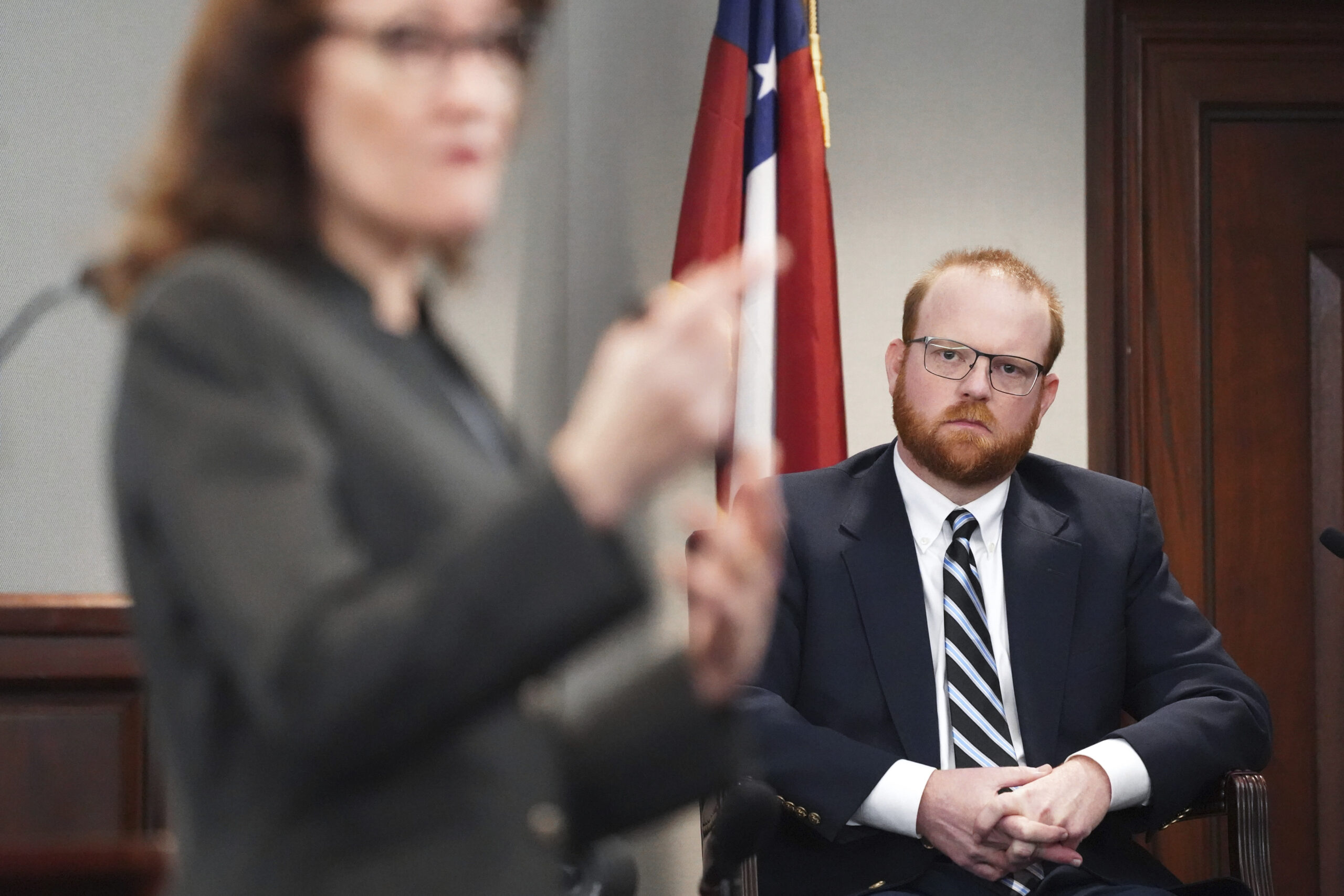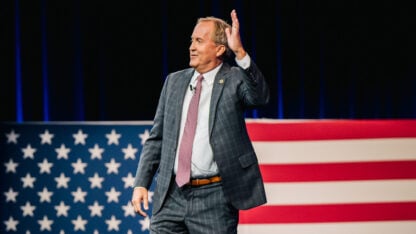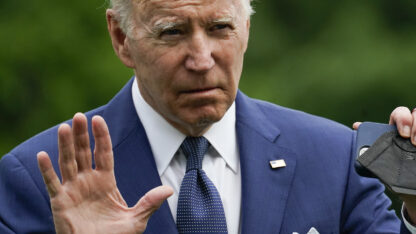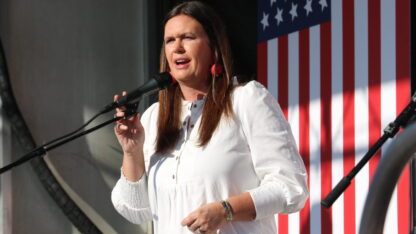The defense in the murder trial of the three men accused of killing Ahmaud Arbery in Brunswick rested its case on Thursday.
One of the defendants, Travis McMichael, who fired the shotgun that killed Arbery, was on the stand Wednesday and again on Thursday morning. Neither co-defendants Gregory McMichael nor William Bryan testified.
Under cross-examination from prosecutor Linda Dunikoski, McMichael was asked what Arbery was doing right before the final altercation that left the 25-year-old Black man dead.
Dunikoski: He didn’t brandish any weapons?
McMichael: No ma’am.
Dunikoski: Didn’t pull out any guns?
McMichael:No ma’am.
Dunikoski: Didn’t pull out any knife?
McMichael: No ma’am.
Dunikoski: Never reached for anything, did he?
McMichael: Uh, no.
Dunikoski: He just ran.
McMichael: Yes, he was just running.
The prosecution outlined a case claiming Travis and Gregory McMichael, who were both armed, were in one truck and William Bryan in another chasing Arbery through the Satilla Shores neighborhood. She chronicled, with McMichael on the stand, how he approached Arbery, who McMichael said didn’t say anything back and ran away.
McMichael explained the shooting shown in the viral video of the incident by saying he got out of his truck to stop Arbery, who at that time had Bryan behind him in another truck. Arbery is shown turning away from McMichael again to run by the truck on the passenger side.
McMichael is then seen moving from the front left side of the truck to the front middle portion of the vehicle. He told the court he didn’t know what Arbery was going to do and wanted to protect his father, who was armed in the bed of the truck.
Dunikoski probed the discrepancies in McMichael’s direct examination and what he told police in a statement just two hours after the incident. Those discrepancies included why he shot in the first place, which at first he said was because Arbery reached for his gun.
Dunikoski: So you didn’t shoot him because he grabbed the barrel of your shotgun? You shot him because he came around that corner and you were right there and you just pulled the trigger immediately.
McMichael: No, I was struck. We were face to face, I’m being struck and that’s when I shot.
McMichael said he was all over the place and not thinking clearly right after the shooting because he was nervous.
Dunikoski: What were you nervous about … while giving the [police] statement?
McMichael: I just killed a man. I had blood on me still. It was the most traumatic event of my life.
Outside the courtroom, hundreds of Black faith leaders rallied.
It came after one of the defense attorneys representing Bryan, Kevin Gough, began to complain about Black pastors sitting next to the Arbery family in the court’s gallery. It was a move made several more times by Gough and quickly dismissed by Superior Court Judge Timothy Walmsley.
“He said no more Black pastors,” said Reverend Al Sharpton outside the courthouse. “He called them Black pastors. He didn’t care about white pastors. Well if you thought one was enough, look at what you brought now.”
Sharpton and Rev. Jesse Jackson have both been in the courtroom, and Gough mentioned them both by name when asking the court to ban them from the gallery.
Inside the court after McMichael’s testimony, the defense brought up several residents of the Satilla Shores neighborhood in an effort to show concern over alleged rising crime in the neighborhood.
After Travis McMichael’s lawyer, Jason Sheffield, rested his case, the state declined rebuttal. Neither attorneys for Gregory McMichael nor William Bryan called witnesses or presented more evidence.
Walmsley dismissed the jury until Monday at 9 a.m. when closing arguments are expected to begin.
The court will be back in session tomorrow at 10 a.m. without the jury to clear up lingering motions and legal issues heading into closing.
Lisa Hagen in Brunswick and Lily Oppenheimer contributed to this report.
For a deeper exploration of Ahmaud Arbery’s story, listen to WABE’s podcast, “Buried Truths.” Hosted by journalist, professor, and Pulitzer-prize-winning author Hank Klibanoff, season three of “Buried Truths” explores the Arbery murder and its direct ties to racially motivated murders of the past in Georgia.









